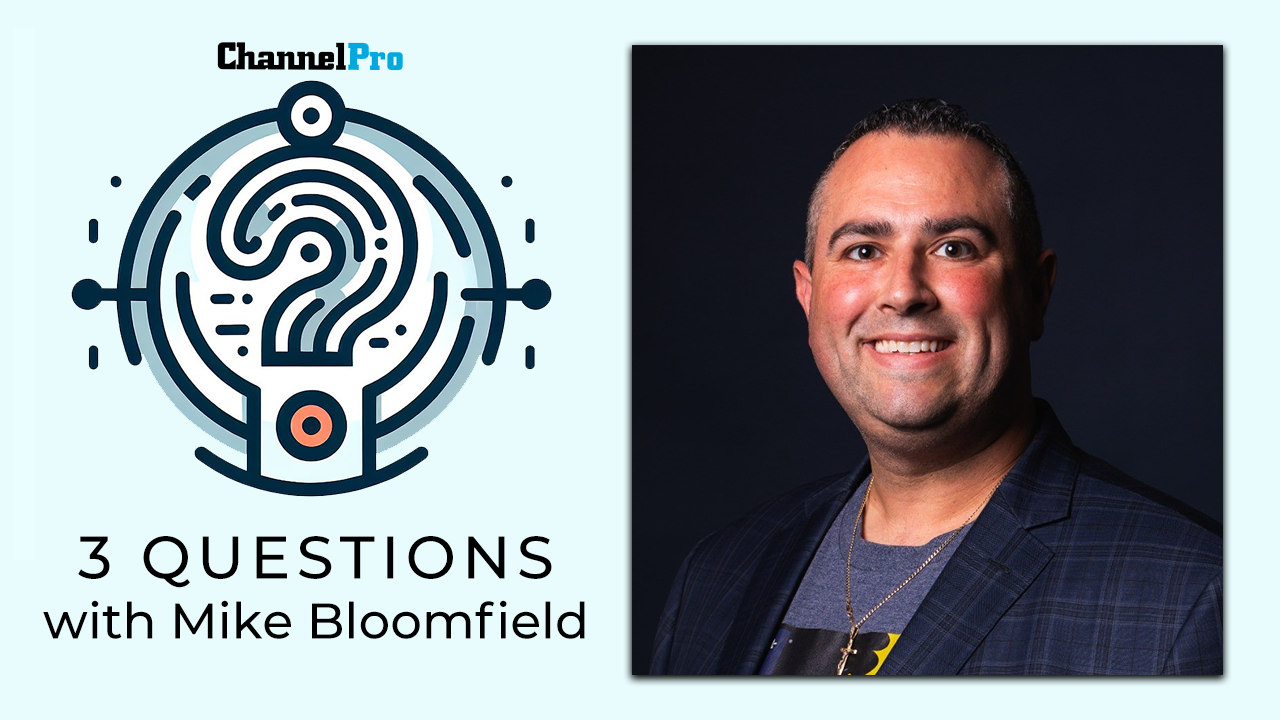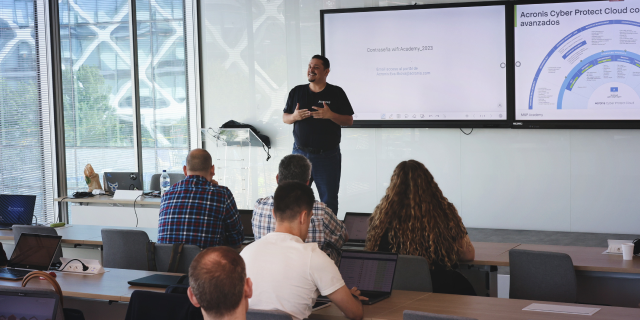AS BUSINESSES RETURN to some semblance of normalcy amid COVID-19 and the Great Resignation, they are focusing on what has become a new employee mandate: hiring a diversity, equity, and inclusion (DEI) consultant.
Dena Samuels, principal of Dena Samuels Consulting, says she is getting more inquiries than ever from businesses interested in starting the process. Pretty soon, 75% of businesses will be comprised of millennials, and “they won’t necessarily be loyal to an organization,” she notes. “So if we want people to stay for a long time we have to be thinking about these things and how people feel in our organization from inside and outside.”
Here are some considerations to make sure you get the right DEI consultant in place.
First, if you haven’t already defined your DEI mission, vision, and goals for your workplace, start with an equity audit. “It’s taking a state of the organization,” Samuels explains. The audit should look at how employees are feeling and whether they have a sense of belonging, “or do they have to drop off some part of their identity at the door?”
The next step is determining if you want a consultant to lead a compliance effort, which is typically a one-and-done scenario to check a box, or an education initiative, which according to Samuels means you’ve made a conscious decision that DEI is an ongoing journey. Businesses should also decide if trainings will be required or voluntary.
Once you are ready to evaluate prospective consultants, check credentials and both lived and professional experience, advises Brynne Hovde, head of operations for Nova, a women-owned, Black-owned DEI consulting firm. “You want someone who can reasonably sit within an organization and effect change.”
Probe how a consultant would handle challenging questions when someone doesn’t want to hear the message the consultant is bringing, Samuels advises. For instance, ask, “When this happened, how did you make it a successful facilitation?” she says. “You want to make sure they’re able to be successful.”
Finally, Samuels recommends considering their social identity. “If your organization is primarily people of color, you’ve got to think, ‘Are they going to hear conversations around race from a white person.”’ She adds, “It’s critically important that that trainer has had implicit bias training themselves and recognizes microaggressions when they come up and knows how to deal with them.”
The Devil’s in the Agreement Details
If you write an RFP, be aware that it’s difficult for consultants to respond to them because organizations often don’t know what they need, Hovde says. “This is an emerging space and it’s likely they haven’t gone through anything like this before. The RFP is an unfortunate waste of time … often, we get into an actual engagement and the needs are completely different.”
Samuels says everyone should be clear on payment schedules and fees and whether the consultant will be in person, remote, or hybrid. “Those questions make a big difference in an organization’s bottom line,” especially when it comes to travel and expenses, she says.
You should also be clear about expectations for communication, how often you want to meet with the consultant, and whether you can continue using materials once the engagement has ended, Hovde says.
It’s about details, Hovde stresses. “We continue to add more time to our sales cycle as we grow and get wiser” about what language to include in Nova’s materials. For example, the firm now details the number of presentations consultants will give. “You’re buying someone’s time and expertise, but that doesn’t mean you own them,” she says. “We hate scope creep when it’s not clear, so go the extra mile to outline the process and deliverables.”
These are all important considerations. As Samuels notes, “Research shows the reason most of the time diversity trainings don’t work and cause more harm than good is because the trainer is inexperienced or unqualified.”
ESTHER SHEIN is a longtime freelance tech and business writer and editor.
Image: iStock















